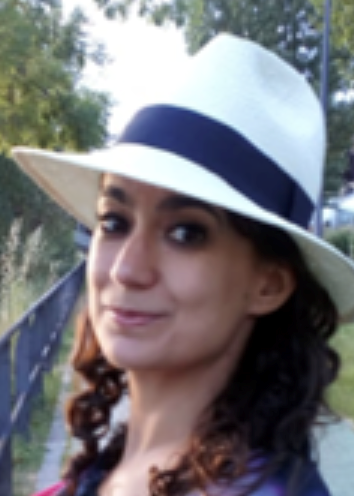Meet Dr Lorena Escudero Sánchez – Research Associate
Tell us about your role in NCITA?
I am a Research Associate in Professor Evis Sala’s group at the Department of Radiology, University of Cambridge. I am based at the NCITA repository unit, where my role involves the building and management of the image repository at Cambridge, as well as research into the development of software and AI methods. I have worked on the set up of the Cambridge repository node last year and cloud services, which already stores 27,000 radiology images for different cancers, mainly ovarian cancer, and also COVID19 patient images. I am also working together with colleagues at Imperial College London and the ICR on the development of integrated cloud tools into the XNAT PACS viewer.
What is a typical week like for you as a Research Associate?
I split my time 50:50 between repository work and research activities to support the NCITA repository unit. I am responsible for the development and set up of the image repository for multicentre studies and training of hospital staff involved in the recording and storage of patient images. My research work involves the validation of automated tools and development of deep learning segmentation models for radiomics research and analysis in renal cancer. I am also currently working on the adaptation of a deep learning-based method for ovarian cancer in collaboration with the Department of Applied Mathematics and Physics at the University of Cambridge.
What do you like most about your role?
I really enjoy the variety of the role and the opportunity to apply my physics background to the development of novel AI and machine learning tools for translational radiomics research.
How did you get to where you are today?
I am a particle physicist, with an MSC in Cosmology and Particle Physics from the University of Salamanca. I then completed my PhD in Neutrino Physics at the University of Valentia, where I studied the measurement of neutrino oscillations and distance changes as well as the quantum mechanics of electro-neutrino particles in different mass states, as part of the T2K experiment conducted in Japan. I joined the University of Cambridge in 2016, working as a Research Associate in software development, machine learning and AI applied to radiomics and cancer, before joining NCITA in 2019.
Hobbies/interesting fact
Something that my colleagues don’t know about me is that I am a published author in microfiction! I have published 3 books so far in Spain, Peru and Mexico. I have also enjoyed many creative hobbies during the last year, and particularly enjoy creative lino printing!


